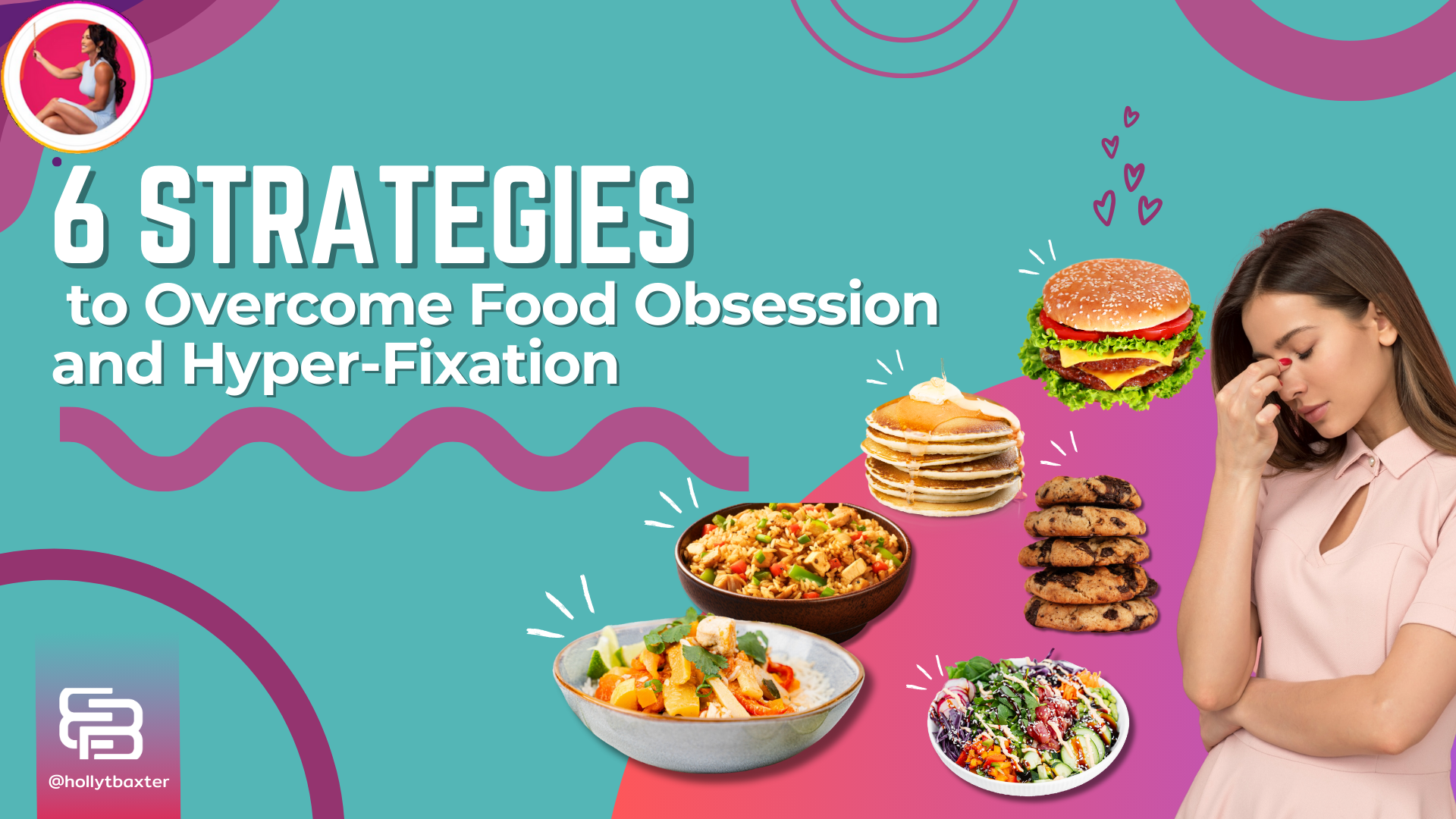Food focus is something many of us deal with, whether we’re trying to lose weight or simply struggling with body image. Over the years, I’ve learned that a healthy relationship with food doesn’t come from strict diets or obsessive tracking – it comes from changing the way we think about food and ourselves. Here are 6 strategies that have helped me, and I hope they can help you too.
1. Understand Why You’re Fixating on Food
Often, food focus is a symptom of negative thoughts about our bodies. We might view food as an enemy or something we need to control obsessively. To overcome this, it’s crucial to understand the root cause of these feelings. For me, it started with shifting my mindset and using positive self-talk. Instead of being harsh on myself, I began seeing my body in a more balanced way. Self-compassion can be a game-changer!
2. Practice Self-Awareness
It’s easy to blame food for everything, but most of the time, it’s our emotions that are at the core of this fixation. Do you reach for snacks when you’re bored, stressed, or in a social situation? I used to, and recognizing those triggers was the first step toward managing them in healthier ways. Instead of using food as a quick fix for emotional needs, I started addressing those feelings directly.
3. Diversify Your Interests
Engaging in hobbies or activities that make me feel fulfilled helped reduce the time I spent obsessing over food. This was a turning point in my journey because I realized that pursuing fat loss alone wouldn’t bring lasting happiness. Sure, achieving a low body fat percentage can feel great for a while, but it’s temporary. When I began setting goals in other areas of my life, I found true, long-term fulfillment. Diversifying your interests allows you to live a more balanced life.
4. Create a Positive Food Environment
Strict rules around food can create anxiety and make you feel deprived, leading to constant food thoughts. I found peace by embracing a wide variety of foods and practicing food neutrality – meaning I stopped labeling foods as “good” or “bad.” By allowing myself to enjoy all types of food in moderation, I reduced the noise in my head caused by deprivation.
5. Focus on Holistic Health
It’s not just about how food affects your body composition. Food is fuel, and it’s essential for your mental, emotional, and physical well-being. I started seeing food as a source of energy that helps me feel better throughout the day, improves my focus, and supports recovery after workouts. When you shift the focus from body image to overall health, it takes the pressure off and allows you to make more mindful food choices.
6. Embrace Imperfection
This might be the hardest step, but it’s also the most important. We live in a world with unrealistic beauty standards that can make us feel like we’re never enough. I had to learn how to practice self-compassion and stop judging myself so harshly. Embracing imperfection means recognizing that we’re all unique, and that’s something to be celebrated. Being kind to yourself is key to building a healthier relationship with both food and your body.
By implementing these strategies, I’ve found freedom from food obsession, and I believe you can too. It’s about changing your mindset, allowing yourself some grace, and pursuing fulfillment in all areas of your life. You’ve got this!

Holly T. Baxter is an Australian Dietitian with over 13 years of experience in health and fitness. She holds a degree in Food Science and Nutrition and a Master of Dietetics from Deakin University. A former professional physique athlete, Holly has two World Championship titles. Her latest project, BiaBody, is dedicated to women’s health and fitness. As an APD Dietitian and Online Physique Coach, she focuses on evidence-based health education and empowering women through fitness.

